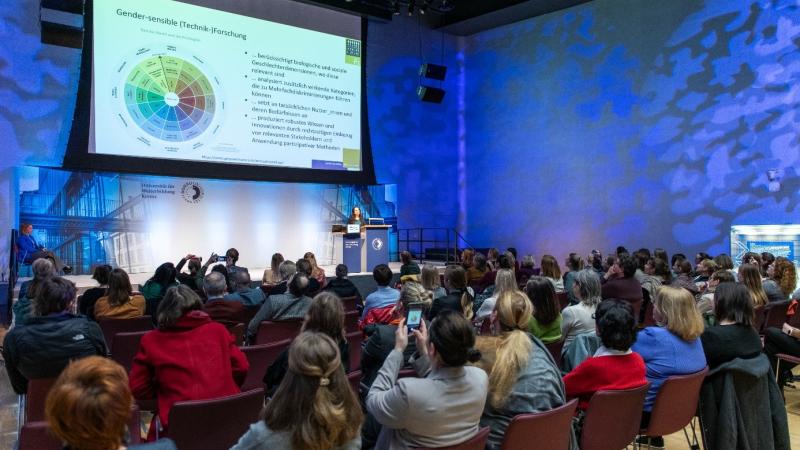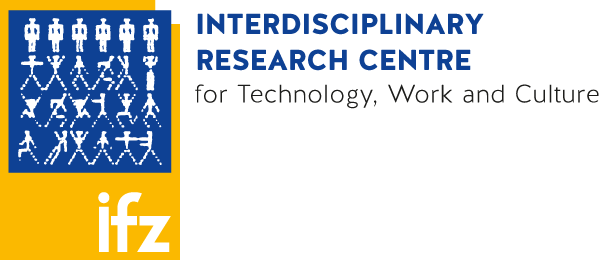What you always wanted to know about sex (+ gender in research) ...

7. March 2024
The University for Continuing Education Krems invited Anita Thaler to give a lecture on March 7, 2024 on the occasion of International Women's Day 2024 on how gender gaps in science affect us all.
Thaler began her keynote with a look back and used published examples from science, medicine and technology to present why gender is important and sometimes even vital in research. For example, the narrow view of osteoporosis as a disease of women after the menopause meant that hip fractures in men were not associated with osteoporosis and treatment was not targeted accordingly. And crash test dummies have long ignored not only the anatomy of women, but also that of overweight and elderly people, leading to more serious and fatal injuries in these target groups.
The lecture then addressed stumbling blocks in research, from so-called I-methodology and hallway testing to gender stereotypes and so-called unconscious biases. But how can research avoid these pitfalls and contribute to closing gender gaps? Among other things, Thaler presented the PROTEA project, which aims to improve user acceptance of prostheses and medical aids through 3D printing and the use of sensors. In PROTEA, gender-sensitive, participatory technology design is being successfully implemented in a transdisciplinary team. Anita Thaler and her Carinthia University of Applied Sciences colleagues Daniela Krainer and Sascha Fink will report more on this at the "Critical Issues in Science, Technology and Society Studies" conference from May 6-8, 2024 in Graz.
In the GenCon project, Anita Thaler and Jenny Schlager, together with Pro2Future, are also considering how gender and diversity can be consistently taken into account in responsible research on artificial intelligence. On February 29, 2024, they applied in a co-creative workshop with 15 technicians, the concept of 'gendered innovations' to new research ideas and planned the first steps for projects on diversity-sensitive AI research.
Foto © Michael Parak (www.michaelparak.at)
